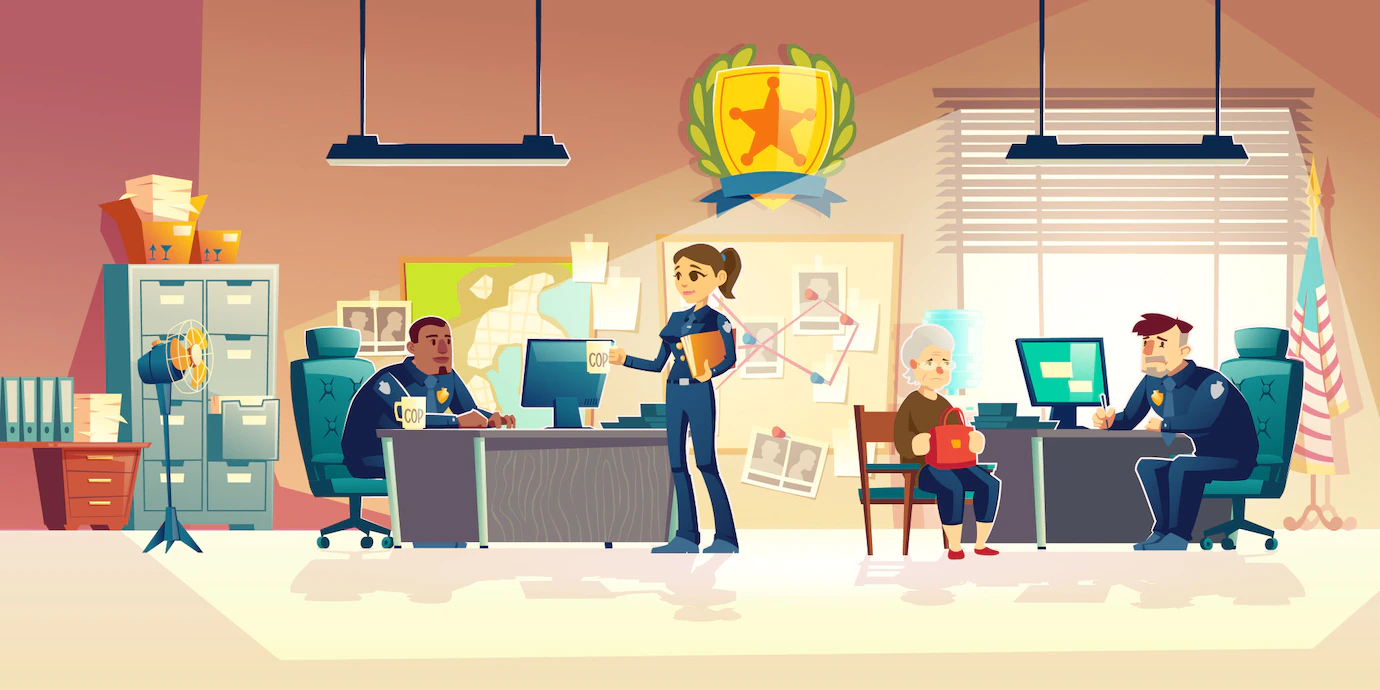

Sponsored Ads

Sponsored Ads

Being arrested by the police in Providence can be a stressful and confusing experience. Knowing your rights and the proper actions to take can significantly affect how the situation unfolds.
We'll look at some crucial dos and don'ts if you are arrested by the Providence Police Department. Understanding these pointers will help protect your rights and avoid further complications. Whether facing a minor or severe charge, staying informed is critical to navigating the process effectively.
Stay Calm and Composed
Suppose the police confront you, and you are at risk of being arrested by the Providence Police Department. In that case, remaining calm is essential, as emotions can run high in such situations. Losing your composure may escalate matters unnecessarily.
To handle the problem effectively, take deep breaths, maintain a neutral demeanor, and speak in a steady, clear tone when addressing officers.
Avoid arguing, raising your voice, or making sudden movements, as these actions may be perceived as threatening and could lead to further complications.
Know Your Right to Remain Silent
You have the right to silence under the U.S. Constitution's Fifth Amendment. Exercising this right can protect you from inadvertently incriminating yourself.
Do: Politely state, "I am exercising my right to remain silent," if questioned beyond providing essential identification.
Don't: Feel obligated to answer detailed questions without legal counsel present. Providing unnecessary information can be used against you later.
Avoid Volunteering Information
Providing too much information or engaging in casual conversation with officers can inadvertently harm your case.
Do: Limit your responses to basic details like your name and address unless otherwise advised by your attorney.
Don't: Offer additional information or discuss the incident without your lawyer present.
Understand Search and Seizure Rules
The police are bound by laws when searching you in person or your vehicle or property. Familiarity with these rights can protect you from unlawful searches.
Do: Ask if a search is necessary and whether a warrant is required before consenting. You can say, "I do not consent to this search," if appropriate.
Don't: Attempt to prevent a search physically. Instead, verbally assert your rights and document the interaction later.
Document the Encounter
If circumstances allow, discreetly document details about your arrest. This information can be valuable for your defense later.
Do: Take mental notes or record specifics, such as officer names, badge numbers, and witness contact information.
Don't: Attempt to film or record if it could put you in danger or violate local laws.
Avoid Making False Statements
Honesty is vital during any legal encounter. Lying to law enforcement is a crime and can severely undermine your credibility.
Do: Be truthful, but remember that silence is your right if the answer could implicate you.
Don't: Make up stories or provide false information to deflect suspicion.
Follow Up Post-Arrest
After your arrest, there are steps you should take to ensure a fair legal process.
Do: Contact your lawyer immediately, request a copy of your arrest report, and attend all court appearances.
Don't: Discuss your case with others, including friends or family, without your attorney's advice.
Request Legal Representation
When facing police questioning, it's crucial to remember your right to legal counsel. Rather than relying on officers' advice or attempting to explain yourself, calmly and clearly state, "I would like to speak to an attorney." This simple request protects your rights and prevents potentially harmful statements.
An attorney's guidance is invaluable in navigating the legal process and ensuring the best possible outcome for your situation.
Comply with Lawful Orders
When facing arrest, compliance with lawful instructions is crucial to avoid additional charges like resisting arrest. Following the officer's directives is essential, such as showing your hands or exiting a vehicle when asked.
Refrain from physical resistance or arguing about the arrest's validity, even if you believe it's unjust. Remember, legal disputes are best addressed in court, not during the arrest.
Conclusion
Being arrested is a challenging experience, but knowing your rights and responding appropriately can prevent unnecessary complications. You can defend yourself and handle the issue with greater assurance if you maintain your composure, assert your legal rights, and refrain from making rash decisions. Always remember: your attorney is your strongest ally during such times.
Sponsored Ads

Sponsored Ads

